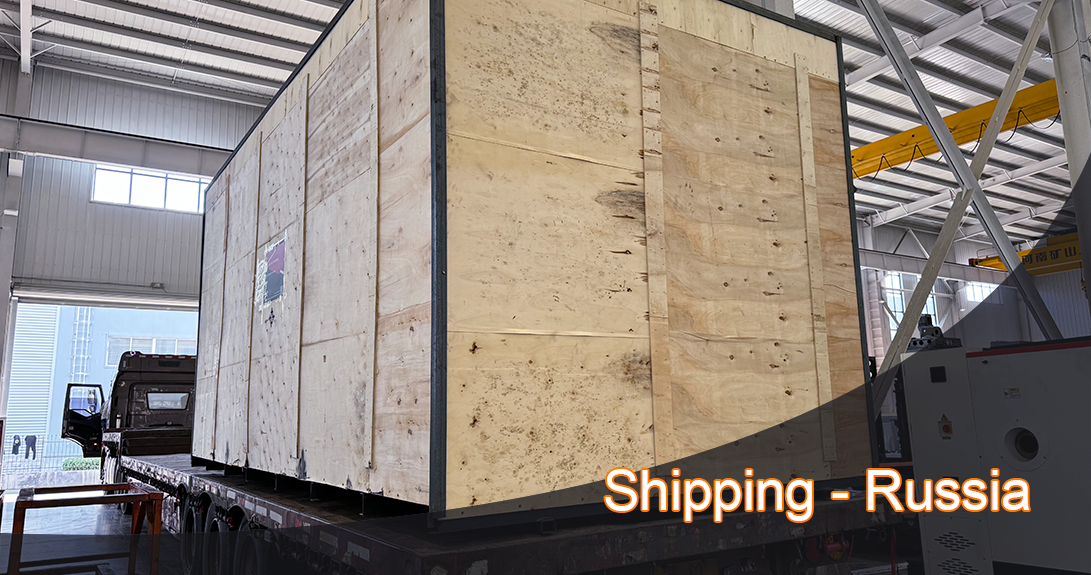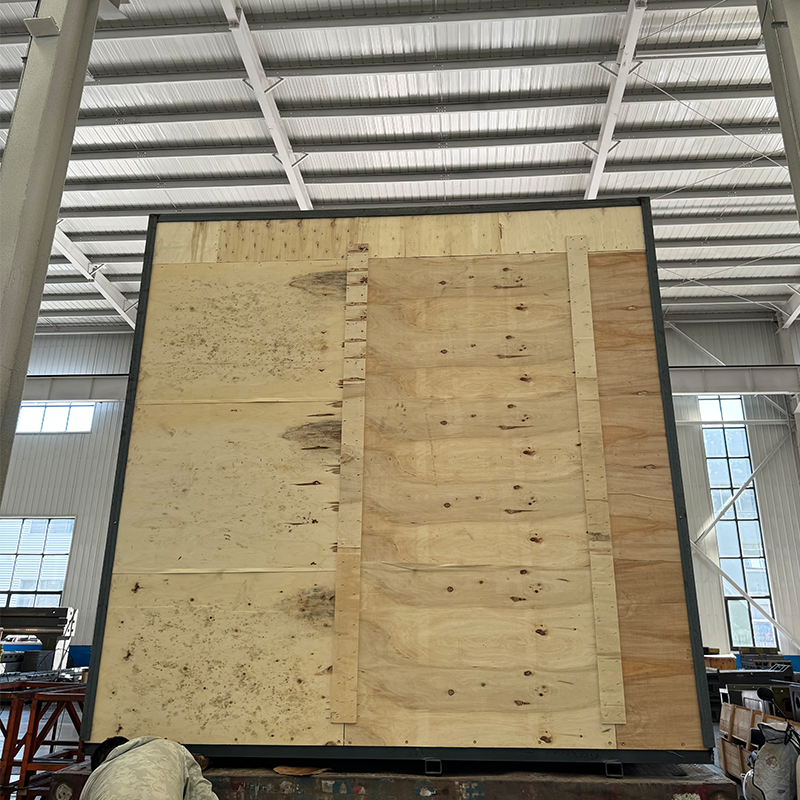PACKING & SHIPPING
Russia ALCK61150X3000 CNC lathe delivery
Due to its high cost-effectiveness and technical level, CNC lathes made in China have occupied a certain share in the global market in recent years. As an important industrial power, Russia also has a relatively large demand for these equipment.
The export process involves multiple links such as logistics, tariffs, and technical specifications. At the same time, it is also necessary to comply with international trade laws and technical standards and requirements of relevant countries.

When CNC lathes enter the Russian market, they usually need to comply with Russia's GOST-R certification standards. This certification ensures that the equipment meets Russia's technical and safety requirements.
Ensure that the equipment's technical indicators (such as voltage, frequency, etc.) meet Russian standards to avoid the equipment being unable to be used normally or requiring modification.
CNC lathes are large equipment and usually require the selection of appropriate transportation methods, such as sea, land or air. Sea transportation may be the most cost-effective method, while land transportation can also be shipped to Russia via China-Europe trains and other methods.
Since the equipment may be exposed to extreme weather and vibration for a long time during transportation, the equipment needs to be well protected and packaged, such as moisture-proof and rust-proof measures, to ensure that it arrives intact.


